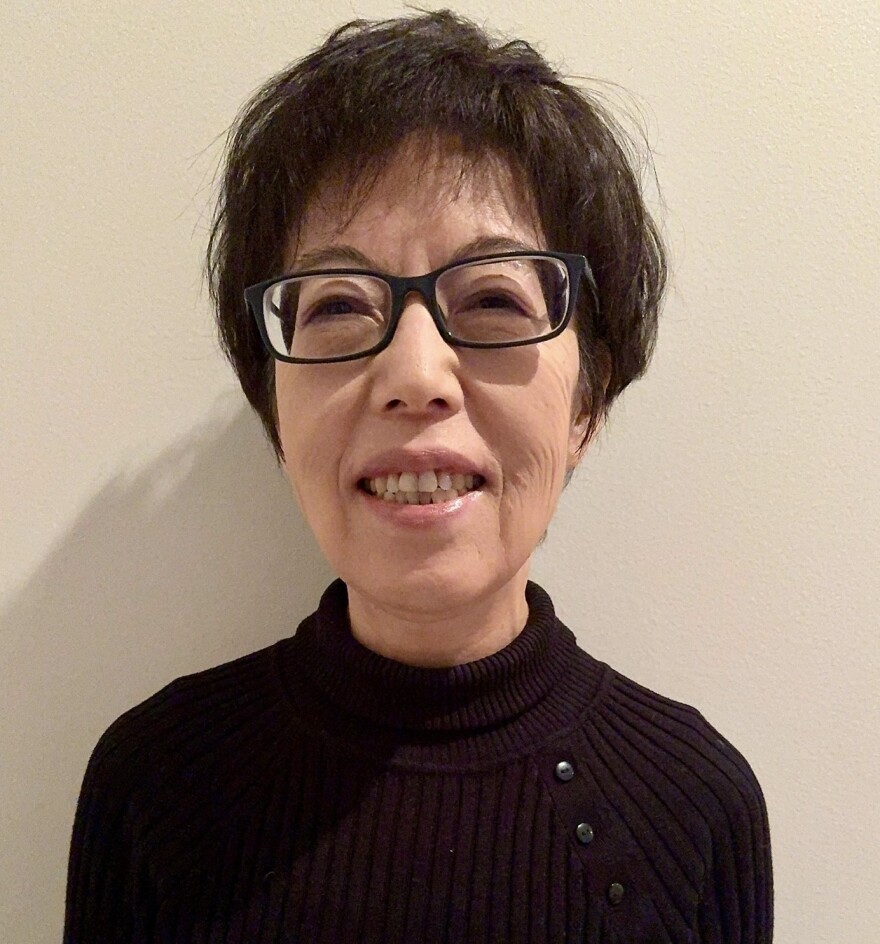Interpreters who work with immigrant communities in Vermont say those communities are learning about their rights — even with distrust that they’ll be respected — should mass deportations occur under President-elect Donald Trump.
While the Biden administration appears on track to deport as many undocumented people as the first Trump administration did, around 1.5 million, the second Trump administration’s “border czar” recently told CNN he aims to arrest “as many people as we can possibly arrest.”
In response to the president-elect’s stated plans, the Vermont Language Justice Project has released videos in six languages outlining what law enforcement and immigration authorities are and are not allowed to do under the law.
“VLJP’s mission is to ensure that all communities have access to the information they need to protect themselves and their families,” the organization said in a recent statement.
The information in the new videos comes from the American Civil Liberties Union. It includes facts like everyone’s right to remain silent and not discuss immigration or citizenship status with authorities. And the right to not let law enforcement inside your house unless they have certain warrants.

Marelyn Saam is the interpreter for the Spanish-language video, which has nearly 350 YouTube views over a 10-day period. Saam, who is from Colombia and has been in the U.S. for almost a decade, said she’s in touch with Latino immigrants across the state.
“When I showed the video to different people in my community, the same question rise up, and it was: ‘How valid is this information?’” Saam said.
She added that she’s working with people who are coming from “a heavy legal situation.”
“They have to advocate for themselves, saying, ‘I will not give you permission to get into my house,’” Saam said. “They don't feel like that is an option. They don't feel like this is something that – it will be respected.”
She said that younger people seem to trust the information more than older people.
“We do have to keep doing the work of repeating this information and also creating those bridges so they can trust what we are saying,” Saam said.
Immigration status is also becoming a barrier to trust, according to Saam. After the presidential election, people in her community were suddenly hesitant to talk with her.
“When I asked them, ‘Why? Why do you feel this?’ They said that I was a legal person,” Saam said. “These three households said, specifically, ‘You are not in our same condition. So if you cannot relate to us, if you are not in the same position, you can be detrimental to us, so we are not going to engage with you.’ And that was heartbreaking.”
People in Vermont’s Chinese immigrant community are feeling similarly sensitive to the incoming Trump administration’s rhetoric around deportations, said Lili Feng.
She serves Chinese communities through the Vermont Language Justice Program, and she said the people she works with are normally very focused on work — often running restaurants — and getting their kids a good education.

But lately, Feng said community members are wanting to talk about not knowing what could happen in the future.
“This environment is quite uncertain,” she said.
Feng noted that deportations of undocumented Chinese immigrants, which are occurring under the Biden administration, as well as Trump’s vow to impose tariffs on China — as well as Mexico and Canada — are adding to this uncertainty.
“Those kind of language, those kind of things, do make people feel scared,” she said.
Since the Vermont Language Justice Project published the Mandarin-language “Know your rights with ICE” video a couple weeks ago, however, Feng said it seems to be helping people feel less scared. It has over 400 views on YouTube.
She said she’s heard from people in the Vermont Chinese immigrant community who have rewatched the video multiple times and written down tips to be prepared.
“Education, information, are very powerful weapons,” Feng said.
An important part of telling people about their rights in the U.S., Feng said, is explaining how this country’s institutions are different from China’s. There’s more than one political party, different branches of government hold each other accountable, and media outlets are independent.
“The country we came from, more like just one party, one government,” Feng said. “So the people really just listen to government… whatever they ask you to, you just do it. You don't even think of what kind of right you have.”
She added that the video makes clear, however, that in the U.S., people do have legal rights, regardless of immigration status.
Have questions, comments or tips? Send us a message.




